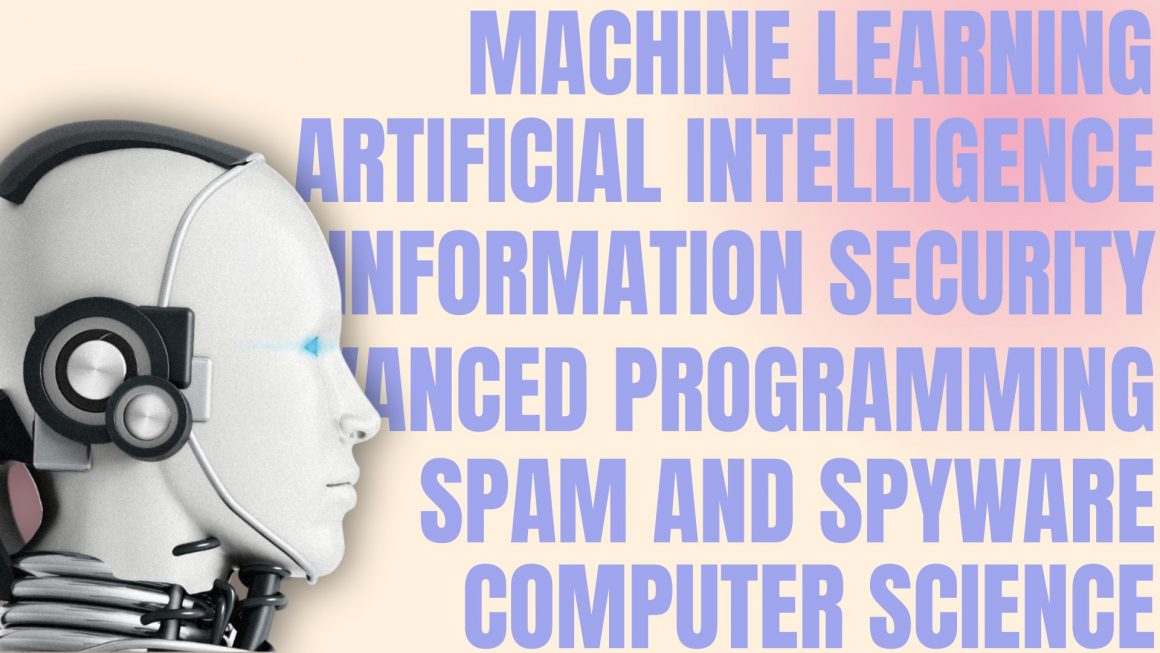
Computer science department adapts course offerings in response to evolving interests and needs
By Maham Fatima, May 4 2024—
For the upcoming academic year, computer science students experienced a shift in course offerings with the introduction of brand new courses and revival of previously offered courses ranging from information security to machine learning.
Department co-heads Mike Jacobson and Nathaly Verwaal spoke to the Gauntlet regarding these changes prompted by changing demands and evolving interests in the field.
Reasons Behind the Change
Verwaal emphasised the heightened demand for courses related to artificial intelligence (AI), machine learning (ML) and information security, noting the rapid enrollment in these courses. She noted the significant shift in student interest with students preferring AI, ML and Information Security compared to the past focus on game development.
“When I started some 20 odd years ago, everybody was really interested in game development and that’s where a lot of focus was. This year the vast majority were interested in AI, machine learning and information security so we just want to focus some more of our courses in those areas,” said Verwaal.
Jacobson added that this has been an existing demand with 500 level courses — especially in information security — consistently having large class sizes.
“The last several years, for example, the 500 level information security courses had 125 to 150 students. So we’ve been wanting for a while to be able to offer some more options in the obviously high demand areas.”
CPSC 399.6: Communication in Computer Science
One of the new courses is Communication in Computer Science (CPSC 399.6). This course is influenced by industry partner’s emphasis on communication skills. Verwaal stressed the importance of effective communication, a skill sought by both industrial partners and students as well.
“When we are asked for references there’s always these questions: How are their communication skills? How are their presentation skills? How are student’s team building skills?”
CPSC 365: Advanced Programming in C++
Another addition, Advanced Programming in C++ (CPSC 365) stemmed from instructor and student demand. Jacobson noted its significance for upper level courses such as computer graphics which require C++.
“Computer graphics is all done in C++ so it was a combination of student demand and also desire from faculty to have students better prepared for the upper level courses.”
CPSC 383: Explorations in Artificial Intelligence and Machine Learning
Verwaal discussed the relevance of ML and AI and the new introduction to AI and ML that is based on Introduction to Information and Security (CPSC 329).
“What you’re seeing in 383 is our long-term goal: that the larger community understands how to work with machine learning, what are its pitfalls, how to use it well, recognizing when machine learning is being used and whether it’s being used well.”
Verwaal is hopeful that this broad introduction will encourage students to take more senior courses.
“CPSC 383 specifically is inspired by CPSC 329 so people get very early on exposure to AI and ML and then hopefully are encouraged to take the more senior level courses and do a deeper dive,” said Verwaal.
While currently the course is only open to computer science students, Verwaal added that there are hopes for having this course be open to the broader university campus.
“Our goal is to expand this so that we can provide this understanding and knowledge across our university campus.”
Other courses
While we have many new courses Verwaal also says courses that haven’t been taught recently will be available including Spam and Spyware (CPSC 528).
“You’re seeing information security that we haven’t offered for a long time that we kind of revitalized and that is the biometrics course and the ad spam and spyware course,” said Verwaal.
Jacobson explains that renewed interest and faculty availability facilitated the reintroduction of this course.
“The person who had taught it 10 or 15 years ago switched to research focuses and wasn’t interested in teaching anymore but now one of our relatively recent hires has been wanting to teach [the course],” said Jacobson.
Online courses
In order for these changes to occur there will be two large sections of required courses with one semester being online and one in-person. Jacobson commented on the improved accessibility this change allows for.
“The ultimate vision is we can then have people taking computer science and not having to live in Calgary making it available to people and more remote communities in Alberta as well. So this is very much in its infancy and you’re seeing some of the first steps building towards that right now,” said Jacobson.
More information about the course offerings and feedback opportunities can be found on the department website.
